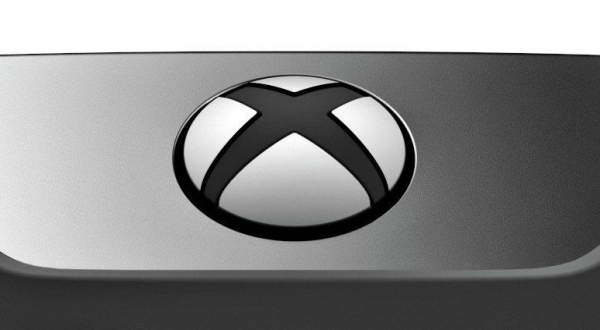Why Project Scorpio Will Change The Console Game, According To Microsoft

The Xbox Scorpio is due for release next year during the holiday season. The console will supposedly mark the end of console generations as we know it, with Microsoft focusing more on small iterations to existing hardware instead of generational hardware leaps like in the past.
In an interview with Engadget, Microsoft's head of Xbox games marketing, Aaron Greenberg, rolled out some more details on what Microsoft has planned for the Xbox division and what they're going to be doing with the Xbox Scorpio, saying...
For us, we think the future is without console generations; we think that the ability to build a library, a community, to be able to iterate with the hardware -- we're making a pretty big bet on that with Project Scorpio. We're basically saying, 'This isn't a new generation; everything you have continues forward and it works.' We think of this as a family of devices.
So what happens when the hardware has to outgrow the software and backwards compatibility is no longer possible? Or what happens when emergent technologies become mainstream and no longer work with older technologies? Or better yet, why not just get a PC?

While what Greenberg is saying sounds good on paper, the major issue is that PC hardware is constantly getting cheaper. The most powerful card on the market at the moment, the GTX 1080, is only $650. That may sound expensive at first but keep in mind that a GTX 1080 can run VR and high-end AAA games at 4K and 120fps. It's far removed from anything the consoles are capable of and is generally considered to be an entire generation and a half ahead of the PS4 and Xbox One in terms of output.
The problem is that if you get the Xbox Scorpio it's still not going to be as powerful as the GTX 1080 (as confirmed by the fact that it only manages 6 teraflops compared to the 9 teraflops of the GTX 1080). By next year, the 1080 will be pretty cheap and the output will still be higher than the home consoles. You'll likely be able to get the GPU in high-end rigs for under $800.
Relying on incremental upgrades for something like the Xbox Scorpio puts it in the same boat as incrementally upgrading a gaming rig, but with a lower cost-to-power ratio. The question becomes: why not just incrementally upgrade your gaming PC?
The whole point of home consoles was a fixed price for proprietary, fixed hardware that would last you a generation. Consoles were supposed to be the hassle-free alternative to PC gaming.
Your Daily Blend of Entertainment News
Unfortunately, Greenberg doesn't address the Scorpio to PC conundrum. The Engadget interview was mostly focused on the sales gap between the Xbox and the PlayStation. Right now Microsoft is addressing some issues with the Xbox One (such as size and storage) with the Xbox One S (which his smaller and contains more hard drive space), in an attempt to close that gap between the Xbox and PlayStation 4.
Next year Microsoft plans on introducing the Xbox Scorpio to the market with VR capabilities and full backwards compatibility with the Xbox One and Xbox One S. As a consumer, I'm less worried about the Xbox Scorpio's life on the market in comparison to the PS4 Neo, and more-so concerned with why I would want to go with an Xbox Scorpio over an equally priced PC if both will require upgrades to stay relevant?
Staff Writer at CinemaBlend.

